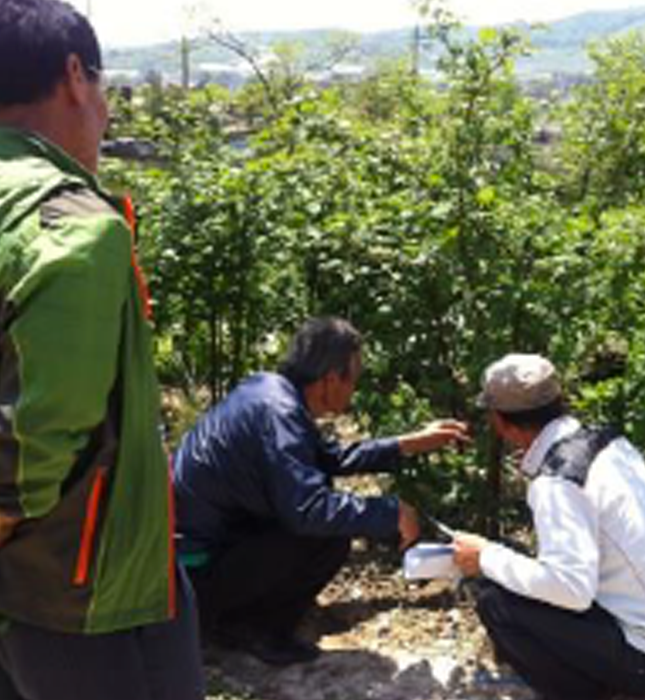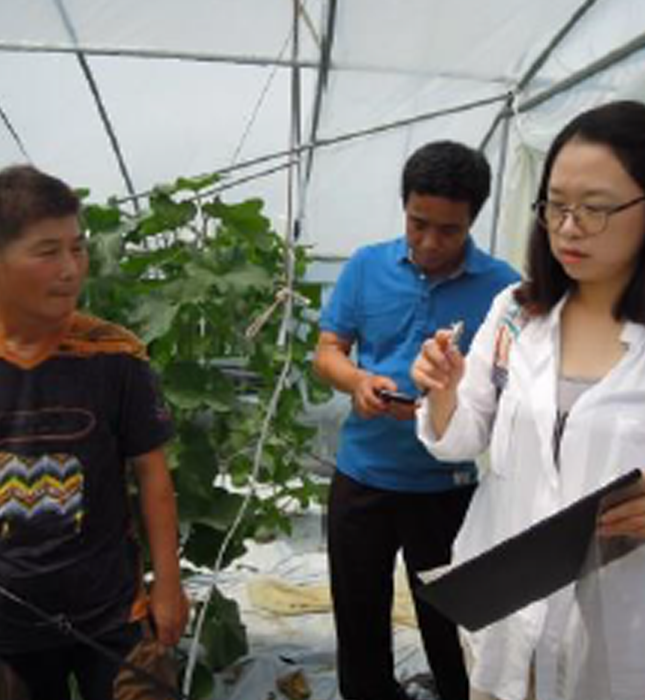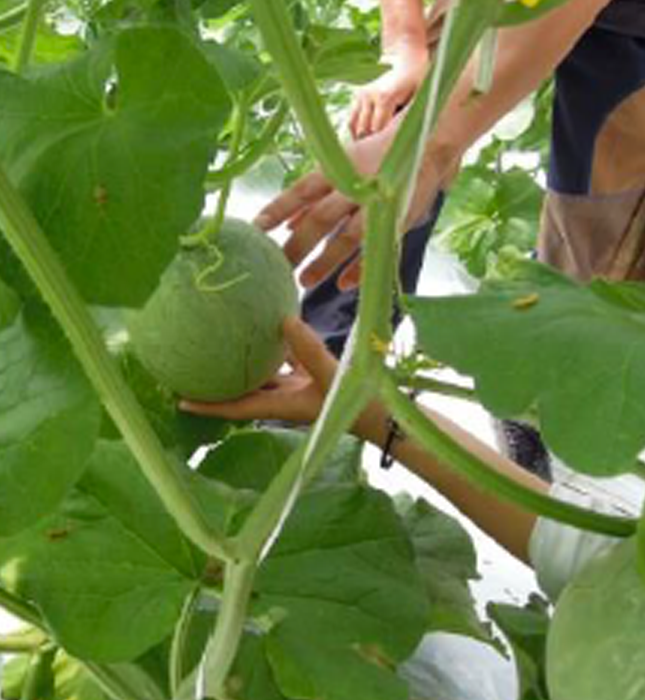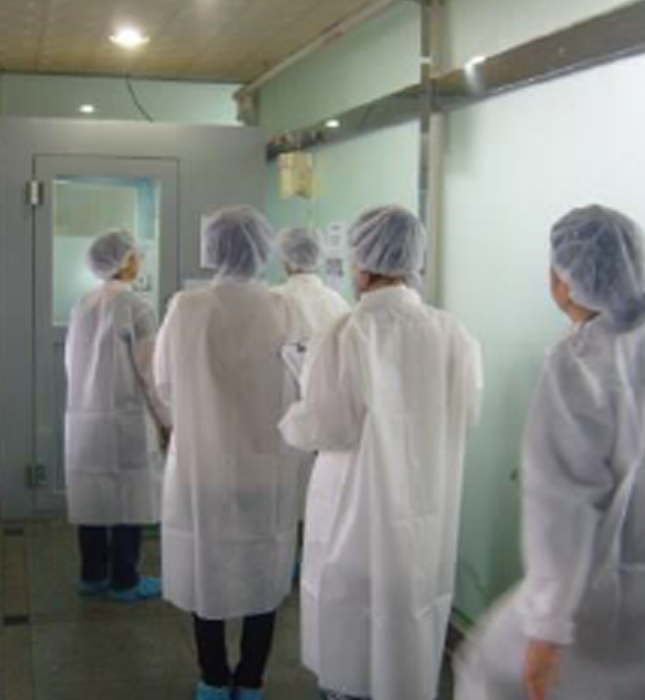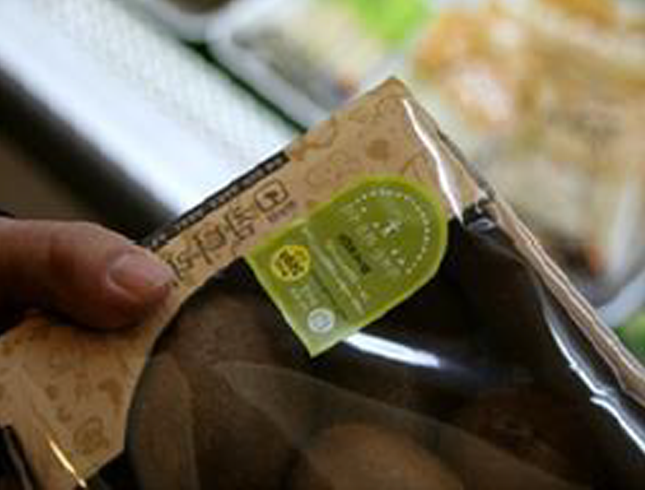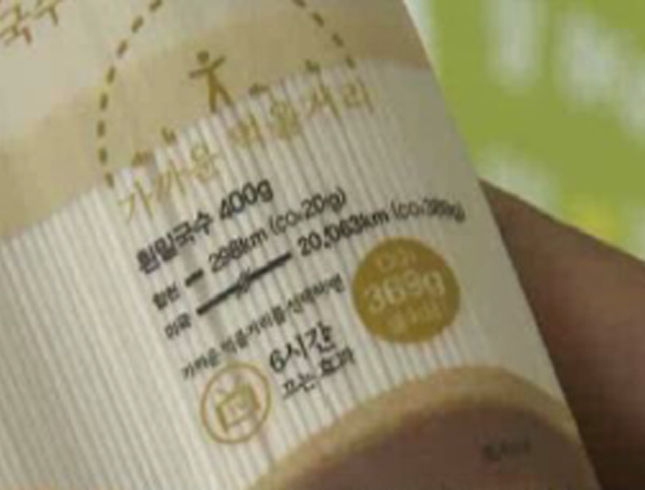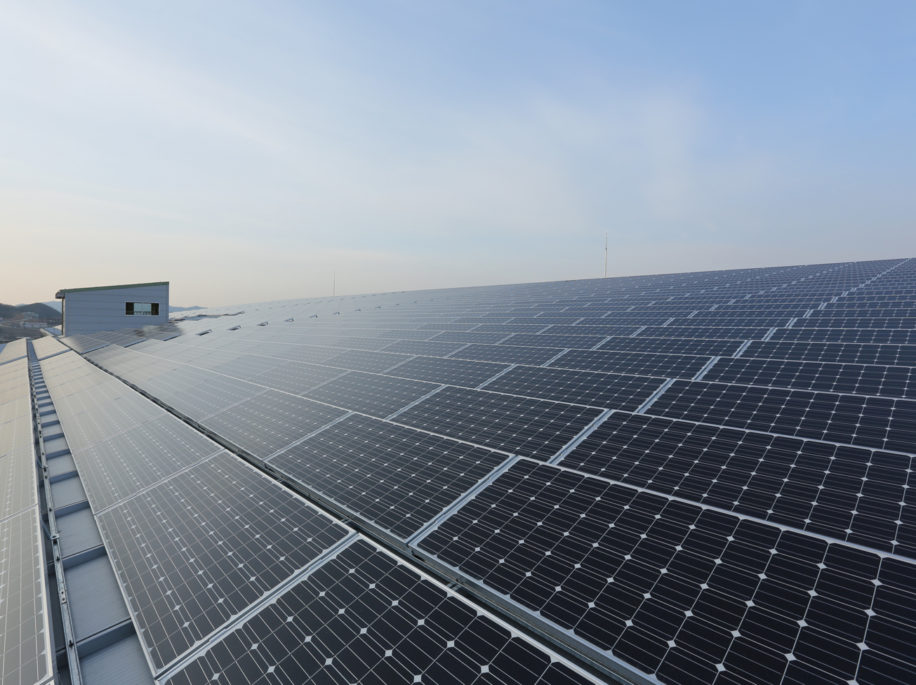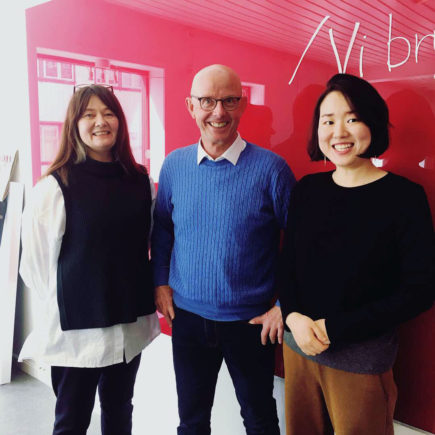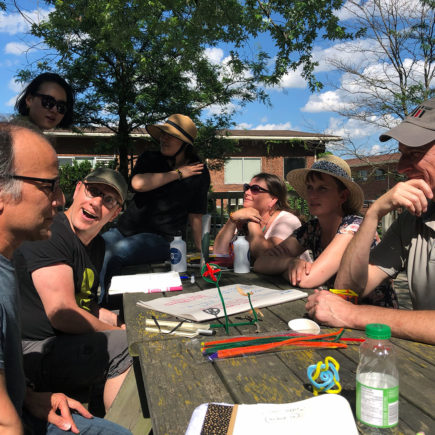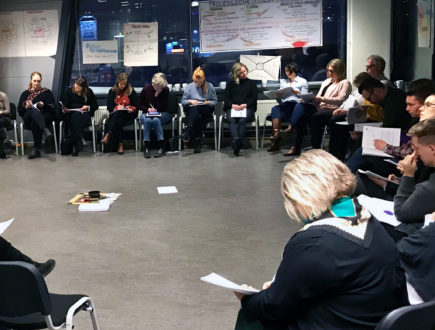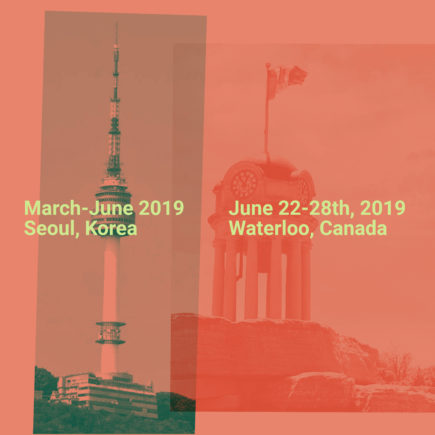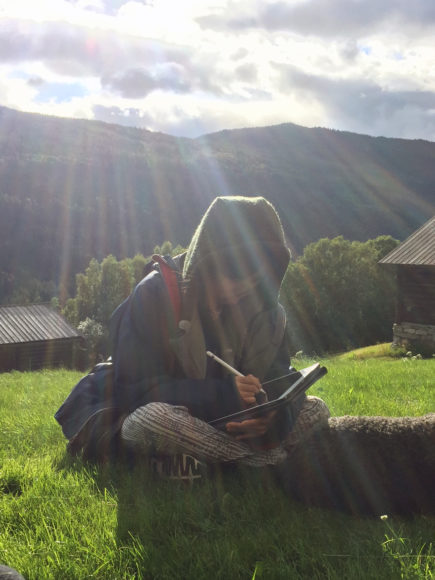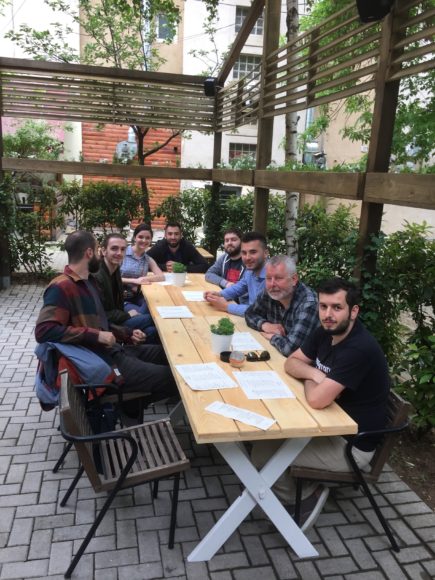As a member of Community Supported Agriculture in Norway I have been fasinated by how well Hansalim works for years. On my last trip to Seoul I was able to connect, and I am grateful for the insight they share with me. They don´t export their products (for obvious environmental reasons), but they are more than willing to share their knowledge.
Make it work.
The movement is based on mutual trust: Producers shoulder the responsibility for the health of the consumers while consumers shoulder the responsibility for the livelihoods of the producers. Two stakeholders in collaboration, sharing one mission: Daily action to save Life and Earth. Many dive into organic for the money these days. But for Hansalim organic means fixing the relationship between producers and consumers – and beyond that; between human and nature.
Make it sustainable.
Figuring out how to preserve farmers profit will become increasingly important because of climate change. What is unique about Hansalim is the so-called «direct sales movement between the rural and the urban areas» of organic food. Farmers sell directly to Hansalim through contract farming and get back 73% from the sales price, which is possible because sales do not go through any middle-persons and Hansalim administration has “only” a 100 employees who manage a 400 million dollar annual turnover.
Producers and consumers foregather at the end of every year to fix the price and the amount of production for next year. A promise is made to the farmer: «We will consume your products at this prize». A promise is made to the consumer: «We will sell at this price».
Because of climate change and in order to support a stable production and a stable consumption Hansalim found it necessary to start building up two funds in 2015: The Price Stabilization Fund and The Production Stabilization Fund. Consumers raised 0.2% of margin rate for The Production Stabilization Fund and producers raised same amount to make up for producers’ loss when their yield is under 50% of average. It addresses two challenges humanity face today: First; in a capitalistic marked a good crop leads to a lower price. This puts farmers in a position were they think business – and starts dumping parts of their production to maintain a high price. Hansalim want to make sure that farmers can stay focused on production – and do not throw away food to keep prices high. So, when price in the capitalistic marked is much lower than the fixed Hansalim price – Price Stabilization Fund lower the price to match the capitalistic marked. Second; because of climate change many producers experience low production. In a capitalistic marked the price goes high, and consumers will choose not to buy this product and production will no longer be sustainable. Production Stabilization Fund supports the producer without raising the fixed Hansalim price.
In organic production today there is an increase of Third-Party Certification combined with a lack of government supervision. Hansalim does not pay for a Third-party certification. They have created a system of Consumer Certification. The purpose is to improve a comprehensive production management system of Hansalim products, to makes producer more independent and more responsible, and improve consumers’ understanding on production area and products. The concept is that all the producers manage their own production. In every local consumer cooperative consumers can apply to be a part of the quality control. Consumers form groups by themselves in order to visit the producers and check the production process. Any consumer can join autonomous check to raise the awareness of the product and production area for their understanding and improvement of the product. Their results are shared with the the specific producer visited and the whole consumer community. It creates a trust between human and human and between consumer and producer. Setting production standard together, sharing the production process and strengthening the relationship.
Responsible leadership.
Hansalims is focused on advocating the benefits of organic agriculture, the importance of food sufficiency, local food and integrated farming systems with animal husbandry and the cycling of natural resources as a way of preserving Korean agriculture and sustainability. Hansalim´s social responsibility goes way beyond marketing and sales of organic products. Just to mention some of their activities:
«Alternative energy»: Hansalim has been active in calling for policies for alternative energy instead of reliance on nuclear power plants. Members of Hansalim take to the streets campaigning for the closure of nuclear power plants while fund-raising to help the victims of Fukushima. Putting words into action Hansalim have started installing solar panels at Hansalim farms.
«Save Korean Barley Pork»: Hansalim developed the feed grains made of Korean Barely replacing import corn to raise up food self sufficiency. It secured approx. 400 ha of barley field.
«Anti-GMO Network»: Campaigns on GMO labelling laws in Korea and promoting local food to exclude GMOs from abroad.
«Free Organic School Meals»: Campaigning with other social groups for legislation to provide free, organic school meals. Hansalim often volunteer in organizing dietary education in schools to inform students on the health hazards of instant and processed food.
«Our Seed Farm»: Hansalim producers’ association and 5 consumers’ cooperative established Our Seed Farm to obtain seed sovereignty and food safety. This farm produced 520,000kg, 41 varieties of native crop in 2015. It consists of seed farm and 3 different fields for cultivation, experiment and experience.

